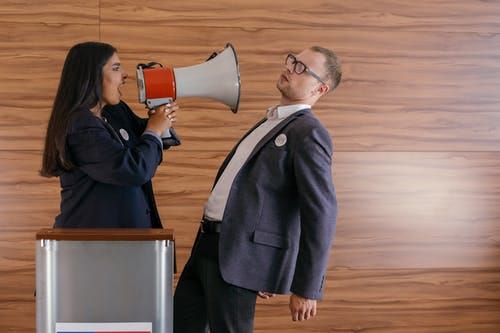Stop Debunking
Jae's Perspective
As you all might know I was once known as “Mr. Cogfit” on social media. My brand was focused on fitness, particularly nutrition. I made a name for myself by debunking nonsense misinformation online. However, I soon pessimistically came to the realization no matter how much I debunked it wouldn’t make a difference.
Debunking has obvious utility, it can help clear up misconceptions related to certain topics, it can be entertaining, and it makes for some easy robust content. Nevertheless, it ultimately fails because the misinformation or disinformation that is being debunked is still in circulation online.
It is a well known fact misinformation and disinformation spreads faster and gathers more engagement online than more factually accurate content. This adds further validity to Brandolini's law, aka the bullshit asymmetry principle, which states the amount of energy needed to refute bullshit is an order of magnitude larger than to produce it.
This is worrisome considering misinformation can add to overall science denial. Science denial involves issues such as vaccine hesitancy, climate change denial, pseudoscientific medical treatments, flat earth theories, etc.
With the current pandemic going on it is crucial to curtail misinformation as it can decrease intentions to vaccinate. Debunking is like using a band aid for a severe wound, it’s very helpful in a specific situation but not in this one. Our online information ecosystem clearly favors mis/disinformation over factually accurate content which hinders the productive exchange of ideas.
Free speech is meant to get towards some semblance of truth, the hyperbolic proliferation of falsehoods and tolerance towards them gets in the way of that pursuit. Falsehoods should only be tolerated in proportion to their capacity to be corrected, they should not dominate discourse or be respected merely because an individual holds them. No one has a right to their opinion as their is no duty on my part to allow someone to hold whatever opinion they choose. You and I can correct false opinions and we should. However, online it is a different story no matter how much anyone corrects one falsehood another will immediately take it’s place.
Nevertheless, until we can change the dynamic of our information echo system debunking is a losing proposition. A solution, at least in the short term, is ethical censorship online. If a person is consistently and deliberately spreading mis/disinformation online while profiting from it they should not be allowed a platform on social media. A person can voice their opinions in a public space, to their friends, or to their loved ones but this does not necessitate a platform of millions of vulnerable people.
Ethical censorship online will indeed run into numerous problems. Such as… Who decides what is mis/disinformation? What if people make numerous accounts? Is the deplatforming permeant or temporary? How can the algorithms better spot mis/disinformation to censor? Will social media companies realistically close off an audience they profit extensively from? And I am sure more problems and concerns I cannot currently foresee.
Whilst ethical censorship online might not be perfect, it is also difficult to change the social media and online information echo system currently in place overall. In addition, the power mis/disinformation currently holds is too influential and detrimental to ignore, something needs to be done outside of debunking.




